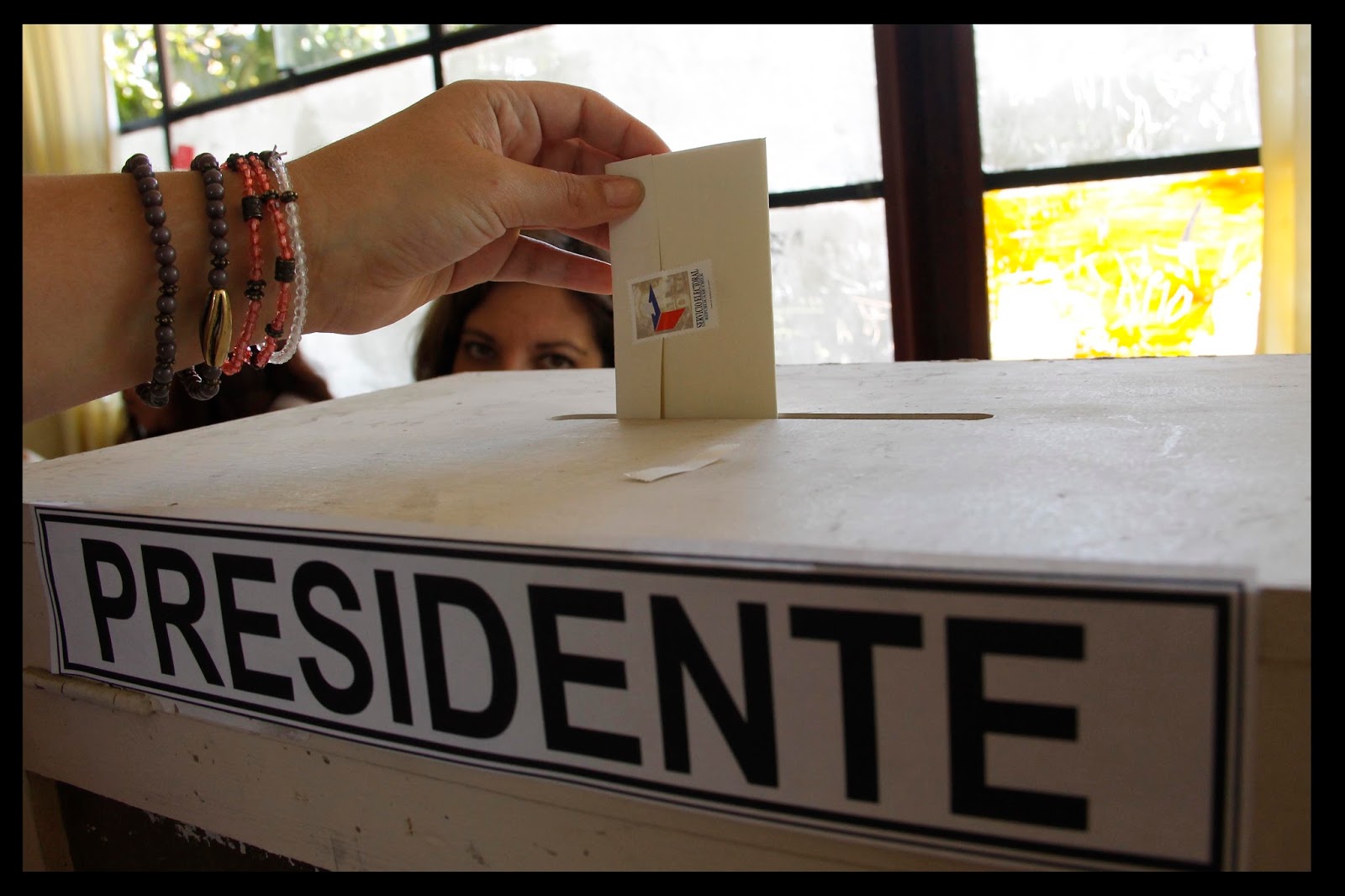As Argentina navigates toward the upcoming presidential elections, political alliances are solidifying and tension builds.
The three main political factions are shaping their strategies, jockeying for electoral advantage in a contest anticipated to be highly contentious.
With the formal presentation of national alliances now in the public realm, the electorate, which appears evenly split, waits for the strategic moves that will influence the outcome on October 22nd.
One significant development formalized on June 14 was the name change of the ruling Frente de Todos to Unión por la Patria (UP).

It was echoing the 2019 name change by the Cambiemos alliance to Juntos por el Cambio (Together for Change) under the government of Mauricio Macri.
The third key player is economist Javier Milei’s La Libertad Avanza.
The ruling party, now rebranded but yet to finalize its candidates, faces the challenge of winning back an electorate that once granted it a decisive victory in 2019 but turned against it in the 2021 legislative elections.
The UP, comprising 15 national parties, grapples with internal disputes among its top figures, Vice President Cristina Fernández de Kirchner, President Alberto Fernández, and Minister of Economy, Sergio Massa.
The difficulty in reaching a consensus on a candidate has been exacerbated by Cristina Fernandez’s decision not to run in the elections.
Amid internal disputes and economic challenges, including an annual inflation rate of 114.2%, the UP’s task, as the Vice-President put it, is to “make people fall in love again.”
Yet, with Cristina Fernández and President Alberto Fernández both not running for reelection, the race is open for candidates within the ruling coalition for the mandatory primary elections, with Minister of the Interior, Eduardo de Pedro; Ambassador Daniel Scioli; Minister Sergio Massa and Governor Axel Kicillof being key contenders.
In the opposition, Juntos por el Cambio experiences increasing tension between its two main contenders following the resignation of former President Macri to run as a candidate.
Horacio Rodríguez Larreta, head of the Government of Buenos Aires, faces stiff competition from Patricia Bullrich, Macri’s former Minister of Security.
Meanwhile, Javier Milei’s La Libertad Avanza, identified as the third national force, faces challenges due to their disappointing results in the provincial elections.
The libertarian economist’s ascendancy in national polls now appears to be undermined, as the provincial election results expose the limitations of his popularity.
The Argentine political landscape is in flux, with the elections set to be a critical litmus test for all major contenders.

